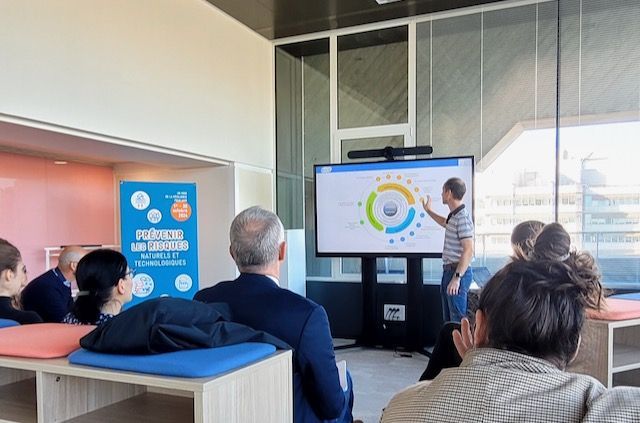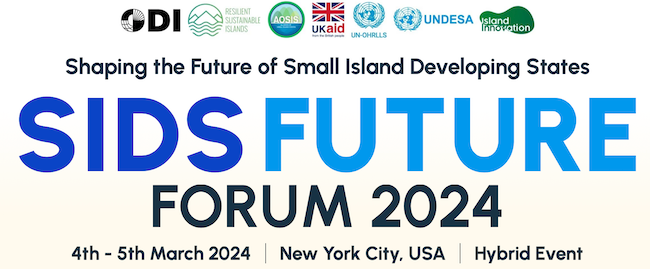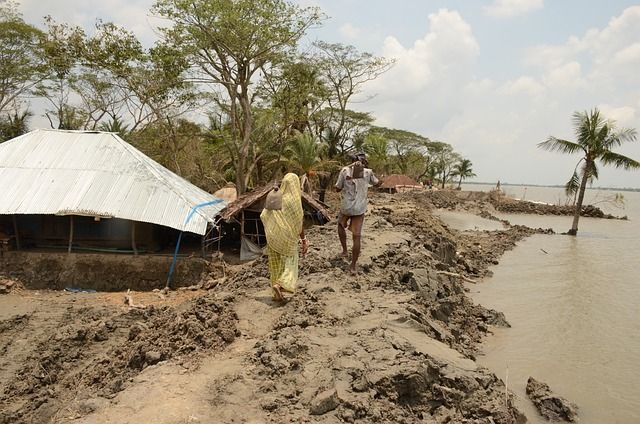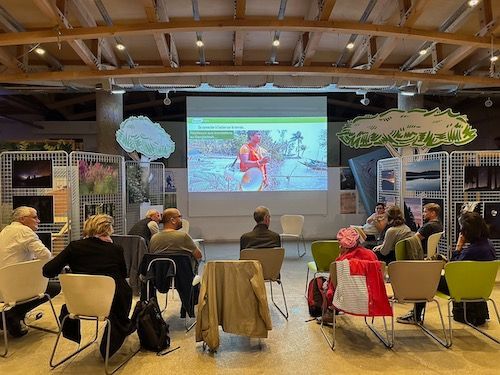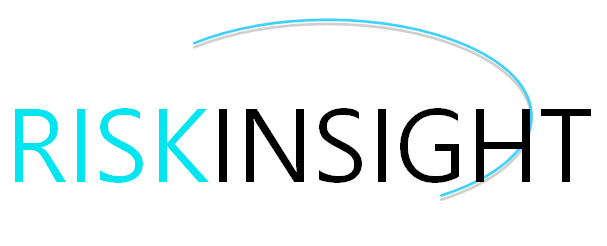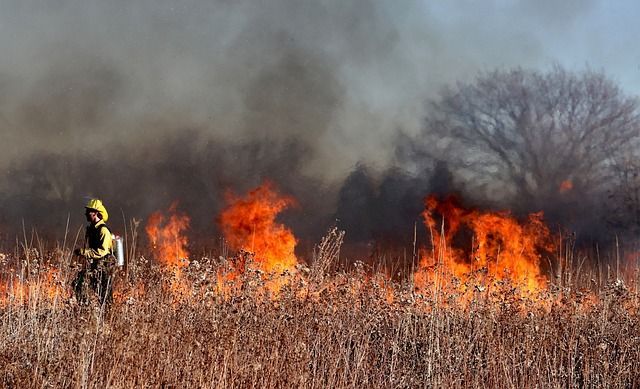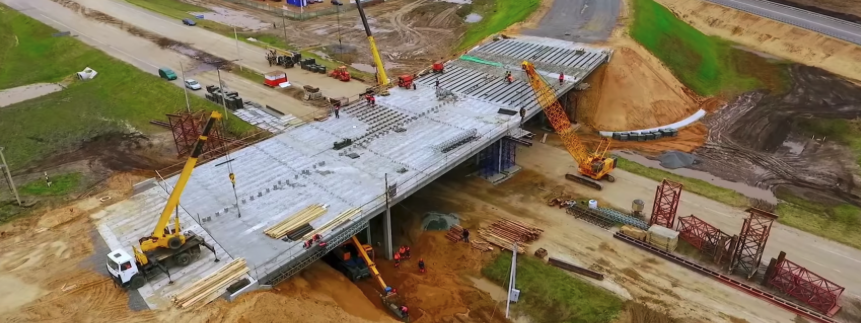Is your organisation a High Reliability Organisation?
A High Reliability Organisation (HRO) is well-positioned to manage a crisis event
The characteristics of a High Reliability Organisation (HRO) apply to all types of industries. An HRO is able to manage a crisis event effectively because it has the following traits:
a.There is a focus on highly trained people and reward systems that reflect their abilities, and people are trained in how to deal with a high-stress crisis environment;
b.There are frequent process audits and continuous improvement efforts (on controls, processes, technology solutions, etc.) occur as “business as usual”;
c.There is a widely distributed sense of responsibility and accountability for reliability, for thinking through risks and possible failures, and for ensuring there is the right level of redundancy (with appropriate controls) in place;
d.There is an ethos of checks and counter checks as a precaution against potential mistakes is part of the organisational culture;
e.When a crisis situation occurs, people come together quickly and in a concerted manner to manage the situation; they have been trained to deal with such situations and on how to act under intense pressure.
This paper by Noetic may be of interest for further reading about HROs.
